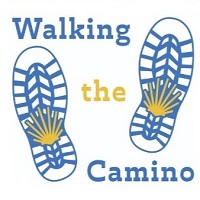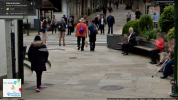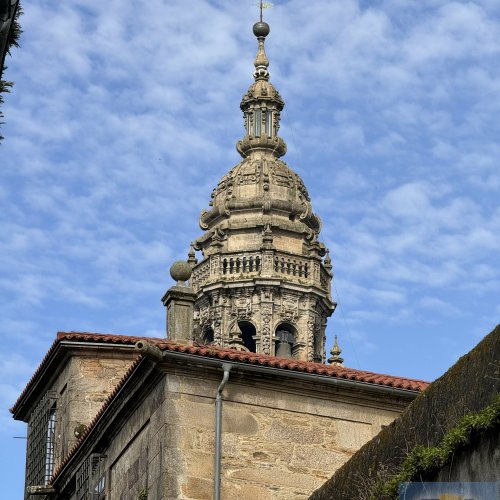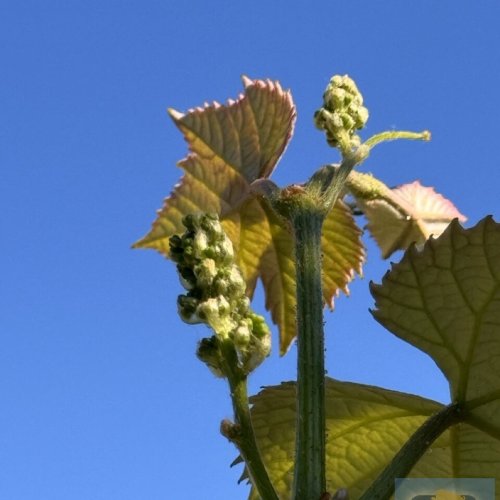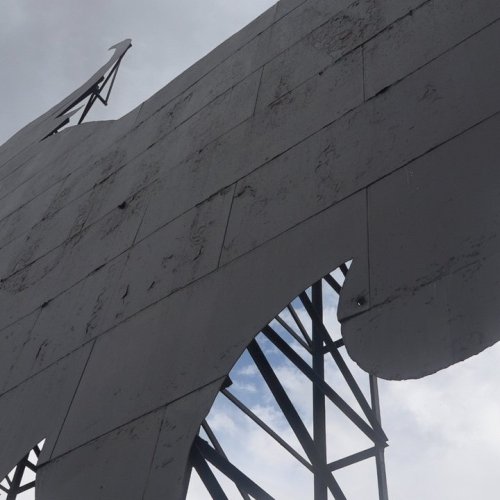Sara M
New Member
- Time of past OR future Camino
- Camino Norte May (2016)
72 wonderful days!
Camino Portugues (2017) Porto to Santiago
Dear Peregrinos/as
Ah-72 wonderful days on the Camino del Norte, but I have no photos of the text carved in the pavement as you cross the road into Santiago Old Town.
Can anyone help me out with a photo or the text? It's along the lines that (the concept) of Europe was forged on the roads leading to Santiago.
2 months back home and still not settled. Camino Portugese next year...
Looking forward to hearing from you Sara
Ah-72 wonderful days on the Camino del Norte, but I have no photos of the text carved in the pavement as you cross the road into Santiago Old Town.
Can anyone help me out with a photo or the text? It's along the lines that (the concept) of Europe was forged on the roads leading to Santiago.
2 months back home and still not settled. Camino Portugese next year...
Looking forward to hearing from you Sara














